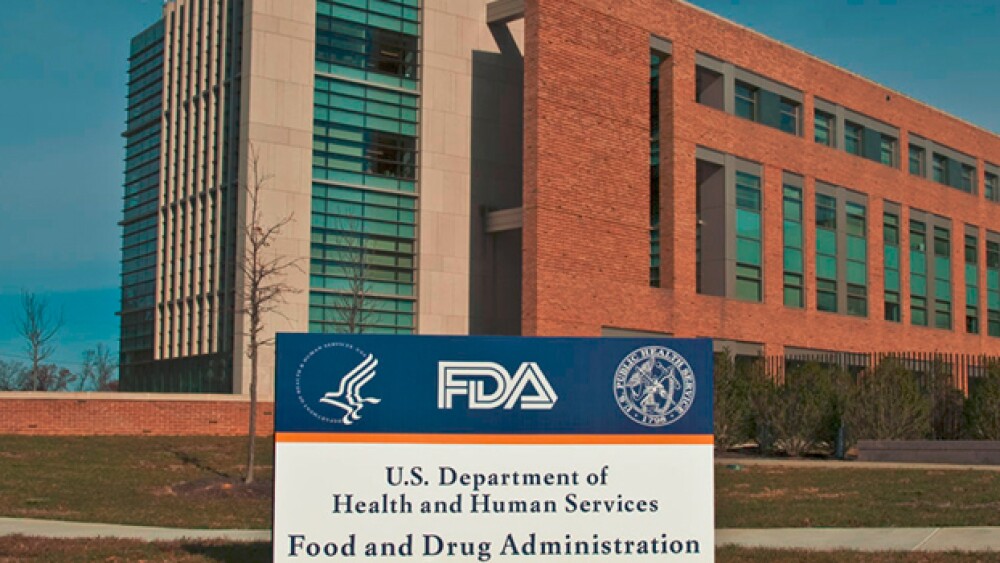The partial government shutdown is 31 days old, yet the U.S. Food and Drug Administration has maintained a steady list of drug approvals throughout that time. However, that approval rate could change next month.
The partial government shutdown is 31 days old, yet the U.S. Food and Drug Administration (FDA) has maintained a steady list of drug approvals throughout that time.
However, that approval rate could change next month. During the partial government shutdown, the FDA has been able to approve new drugs and approve new indications for previously-approved medications, due to the user fees paid by pharmaceutical companies. Those user fees have allowed for funding of the FDA’s review process during the lack of incoming federal funds. However, on or about Feb. 8, 2019, those fees will run out, the Wall Street Journal reported, citing an FDA statement. The employees who have been paid through the user fees will have to be furloughed if no new government funding is forthcoming, the FDA told the Journal.
Since Jan. 2, the FDA has approved more than 200 new drugs or new indications for previously approved drugs. Among those include a new indication for Exelixis, Inc.’s Cabometyx. The drug had already been approved for advanced renal cell carcinoma and has now been approved as a treatment for hepatocellular carcinoma, the most common form of liver cancer.
But, if the shutdown is not lifted, there will be plenty of drugs with a post-Feb. 8 PDUFA date that will be indeterminately delayed. There are multiple companies with PDUFA dates set after that Feb. 8 deadline. For example, Merck has a PDUFA date of Feb. 16 for its blockbuster checkpoint inhibitor, Keytruda. The drug could receive approval as a potential treatment for resected, high-risk stage III melanoma. Bausch Health Companies is eying Feb, 15 for potential approval of Duobrii, a topical treatment for plaque psoriasis.
During the shutdown, the regulatory agency has not been able to accept New Drug Applications, nor the associated fees, which on average range between $1.5 and $2.7 million. Also, the FDA has suspended reviews of existing Investigational New Drug (IND) and Biologics License Application (BLA) applications not covered by user fees. The shutdown has already caused some companies to delay the anticipated launch of new medications they hoped the FDA would approve or begin to review in the first part of 2019. Last week, California-based Aimmune announced that its anticipated peanut allergy drug AR101 is one of those drugs that the FDA cannot review for regulatory approval. Aimmune said in a filing with the U.S. Securities and Exchange Commission that the shutdown was to blame.
Not only will the FDA not be able to approve new drugs after Feb.8 without restored funding, but the advisory committees of outside doctors, which the FDA uses to review the efficacy and safety information of drug applications, will have to be canceled, the Journal reported.
As of now, it’s unknown when the partial government shutdown will end, as the Democratic-led House of Representatives and the White House are at loggerheads over funding for a border wall. Neither side has given an inch when it comes to that $5.7 billion request for the wall. This is the longest government shutdown in U.S. history.





